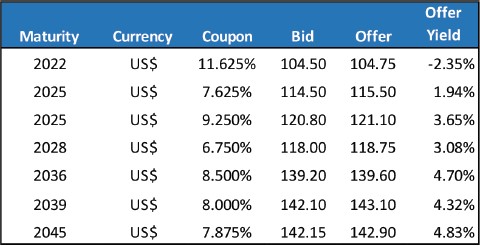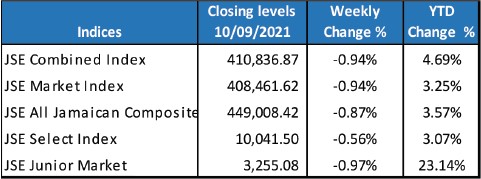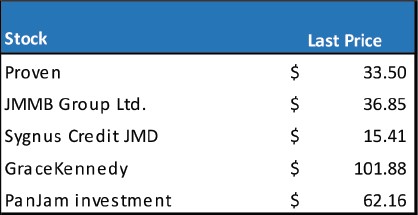How do I earn above-average returns without taking on too much risk?
Every saving and investment product has different levels of risks and returns. Some of the differences include how easily investors can get their money when they need it, the rate of growth on their money and how safe their money will be. Generally, the greater the potential return on the investment, the greater the risks the investment carry.
When trying to determine your choice of investment, it is therefore crucial that you know your own risk tolerance. That is, how much risk you are comfortable taking on, in order to achieve your financial goals. It is important to understand that taking financial risks, which may include an erosion in your principal during the short term, may be required to achieve your long-term financial goals. With that said, the markets have a wide selection of securities and funds from which you may choose, regardless of your appetite for risk.
If you are a risk-averse investor of any age, here are a few tips to help you try out stock investing successfully.
If you are a beginning investor, get a basic understanding of how things work first. Know: what is a stock, what is a bond, what is an investment allocation, what’s a unit trust, what’s a pooled investment. It is important to set realistic expectations; one common mistake many new investors make is believing they can double their money overnight with the right stocks. An investor just starting out can usually benefit from the guidance of a licensed financial advisor.
To mitigate your risks, avoid investing money that you need to meet your livingexpenses, in stocks. Once you have a nice nest egg put aside, you can consider investing in stocks. When buying a stock, think of it as owning a piece of a company. For most people, investing some money in stocks or stock funds is one of the best ways to keep up with inflation. However, since stocks fluctuate in value , they are among the riskiest investments. One protection against risk is time, and that’s one of the advantages long term investors have. With this in mind, a good rule of thumb is to only invest money that you can afford to keep in the stock market for a minimum of five years.










